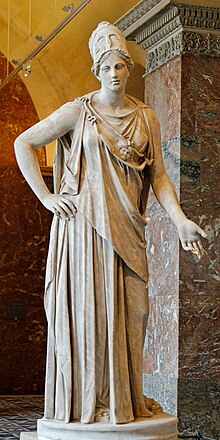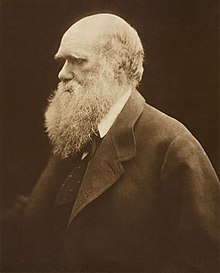How much will a person do to survive? It's an age old question. I thought of it anew when I read Stephen Crane's Maggie, A Girl of the Streets recently. Most of us know Stephen Crane as the author of the Civil War drama, Red Badge of Courage. In Maggie, however, Crane presents us with a very different dimension of human experience.
out. Maggie chronicles the sordid life of a girl named Maggie who, with her mother, father, and brother, try to survive in New York City's underside during the Industrial Revolution. It describes an extremely difficult world, one of poverty, pain, and despair, a world that, like the world of Emile Zola's Germinal, leaves one wondering why anyone in it even bothers to live. It is a world without hope, a lonely and arduous world into which one is born with absolutely no way out.
Maggie chronicles the sordid life of a girl named Maggie who, with her mother, father, and brother, try to survive in New York City's underside during the Industrial Revolution. It describes an extremely difficult world, one of poverty, pain, and despair, a world that, like the world of Emile Zola's Germinal, leaves one wondering why anyone in it even bothers to live. It is a world without hope, a lonely and arduous world into which one is born with absolutely no way out.
When Maggie comes into puberty and realizes that her father will never be able or willing to take care of her, and that her alcoholic mother will soon drink herself to death, she, like too many other young women of the time, leaves home to make her way on the streets. Though the novel doesn't state this explicitly, we are given to understand that she eventually resorts to prostitution to survive. It's ugly and demeaning, but it is the only way that Maggie, whom the novel repeatedly indicates is an extraordinarily pretty woman, seems to think she can get by.
As the novel draws to a close, the reader is asked to weigh all the factors in Maggie's situation--the unrelenting poverty, her emotional darkness, her parental abandonment--and ask herself whether she has done the right thing. Some will insist that Maggie is being pragmatic; others will say that everyone has a choice and Maggie could have done something else; still others will point to the novel's lack of mention of God and say that perhaps God would have provided a way out. Unless we stand in Maggie's shoes, so to speak, however, we may not really know. Ethics become highly opaque when we face seemingly closed situations; precise knowledge of certainty is difficult.
So should we always ask ourselves: what would we do? How would we integrate our sense of ethics and morality with situations that seem beyond hope or change? We will not change without hope, yet we will not hope unless we believe in change. Yet even though I believe in a hope in God, I would say so to Maggie with tremendous caution. It's hard to see outside the belly of the whale.
Sometimes we have to deal with the whale first.









